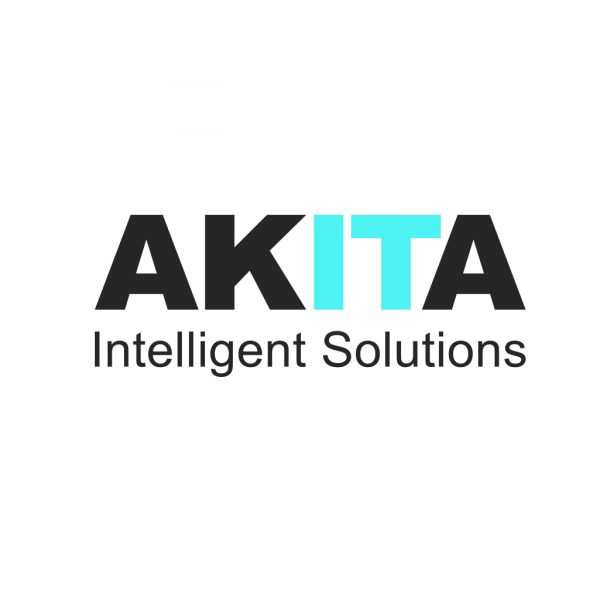Accounts Payable (AP) has long been a pain point for many companies using ERP systems. The manual work of receiving invoices (often via email), manually entering header and line-item data, matching vendors, ensuring appropriate account and tax codes, routing for approval, chasing exceptions — all of this consumes time, introduces errors, and slows cash flow.
Moreover, with growing volumes of invoices and more complex regulatory and policy requirements (e.g. VAT, deferrals, departmental cost splitting), firms need a more reliable, automated way to handle the invoice processing lifecycle without losing oversight or control.
Payables Agent is Microsoft’s AI-powered response to these challenges. Built into Business Central, it’s designed to automate many of the routine tasks in invoice processing. It watches for vendor invoices sent into a shared mailbox, extracts the needed data, matches it to existing vendor, GL account, tax rules, drafts purchase invoices in BC, and pushes them into your existing workflows for review and posting.
It aims to reduce manual effort, speed up AP cycles, improve data accuracy, and increase auditability. While still growing in capability, its promise is strong for finance teams looking to move away from repetitive manual tasks toward more value-adding work.
Key Features Of The Payables Agent
Here is a summary of what the Payables Agent can do, how it works, and what it offers in terms of configuration and control:
Invoice Capture From Email (And SharePoint)
The agent monitors a dedicated shared mailbox (or similar channels) where vendor invoices arrive, typically as PDF attachments. It can also work with SharePoint, depending on configuration, to save relevant files to Microsoft’s document management solution.
Data Extraction And OCR / AI-Assisted Matching
Once an invoice PDF arrives, the agent uses Azure Document Intelligence for OCR to extract header details (vendor, date, total, tax) and line-item details. It then uses mapping tables, historical data, and a large language model to match description text to GL account names, items, or vendor data. Where vendors or accounts are missing or ambiguous, it prompts human intervention.
Draft Invoice Creation And Human Review
The agent prepares a draft purchase invoice in Business Central. A human reviewer can inspect the draft, make corrections or additions, then confirm it. The draft includes detected supplier, dates, invoice lines, totals, attached original PDF etc.
Workflow Integration And Posting
After review, the invoice can follow existing approval workflows and once approved, be posted in BC. The system retains attachments, history, and an audit trail showing what the agent did, what was changed by users and more
Configuration Flexibility
Payables Agent promises process elasticity for finance departments. Admins can define which users delegate to the agent, set which steps are included or excluded (for instance, whether drafts auto-convert to invoices or require manual confirmation), define role and permission sets for the agent, define channels (mailbox or other), set matching tolerances, manage vendor mapping and policies.
Transparency, Oversight, Limitations
The design includes visibility of the agent’s timeline of actions, notifications when human input is required (e.g. missing vendor, mismatched accounts), auditing of changes, and notifications in the role centre. Also important are the limitations currently in preview: only certain attachment types/size, most effective for PDF attachments (up to 5MB and a certain number of pages), and initial language support in English.
What Are The Benefits of Using The Payables Agent For Business Central
When effectively implemented, the Payables Agent transforms AP operations, delivering value across several dimensions.
It sharply reduces manual labour. Teams no longer rekey invoices, chase vendor or account codes, or manually route approvals. Instead, they focus on higher-value tasks: spend analysis, vendor management, cash flow oversight, and exception handling.
Accuracy also improves. OCR and AI-driven extraction with historical matching cut human errors, reducing risks of misallocated costs, incorrect taxes, or mis-posted entries. As the system “learns”, match rates rise, drafts are accepted first time, and cycle times shorten. This boosts efficiency, with invoices moving faster from receipt to posting.
Compliance and auditability strengthen, too. Vendor mapping, tax rules, and GL usage can be enforced consistently, while every change is logged. With PDFs retained, discrepancies are easily checked against source data—vital for audits or disputes.
Faster cycle times mean better cash-flow forecasting and working capital management. Invoices don’t stall in inboxes, and automation speeds coding and approvals, making liability planning more reliable.
The Payables Agent also scales efficiently. As volumes rise, automation absorbs much of the additional load, avoiding proportional staffing increases. This is particularly beneficial for mid-sized firms, seasonal peaks, or organisations expanding into new markets.
Finally, it supports digital maturity. By standardising invoice processes, cleaning vendor mappings, and establishing reliable mailboxes, businesses create the foundation for broader AI-driven automation—such as purchase order integration or credit memo processing. The Payables Agent provides a low-risk environment to build these capabilities.
Payables Agent: Practical Considerations For Roll Out
While the potential benefits of Payables Agent are compelling, success depends on good planning and execution.
Organisations will need to ensure their Business Central environment is up to spec (v26.3 or later), have a dedicated shared mailbox for vendor invoices, define policies (which fields must auto-fill, GL account/tax rules, department cost breakdowns), set up approval workflows, configure permissions and security (so the agent can’t exceed its intended role).
Organisations will also want to prepare vendor communication (to encourage clean PDF invoices, PO numbers, standard formats) so extraction is more reliable. Expect to monitor KPIs from the start as well: first-pass accuracy, exceptions, cycle times, and manual corrections. Using that data to refine mappings, policies, and maybe retrain vendors or revise workflows will see this become a valuable solution for finance departments.
Considering Payables Agents as part of your Business Central solution? Contact our expert team to discuss implementation and configuration options:





